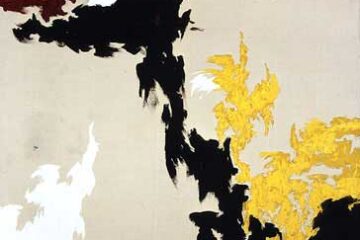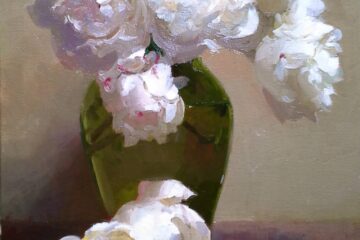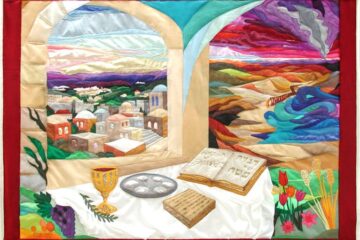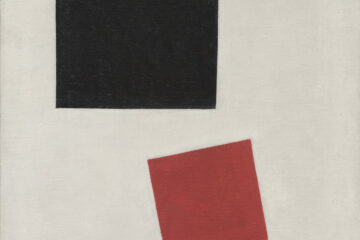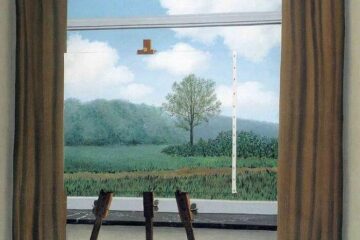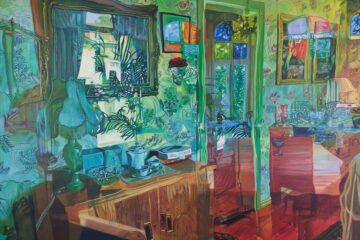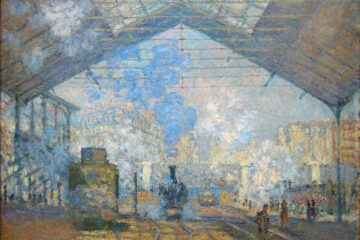Hold tightly onto what you have and lose it all. Proclaim release and gain everything. View the study sheet here. Watch the recording here.
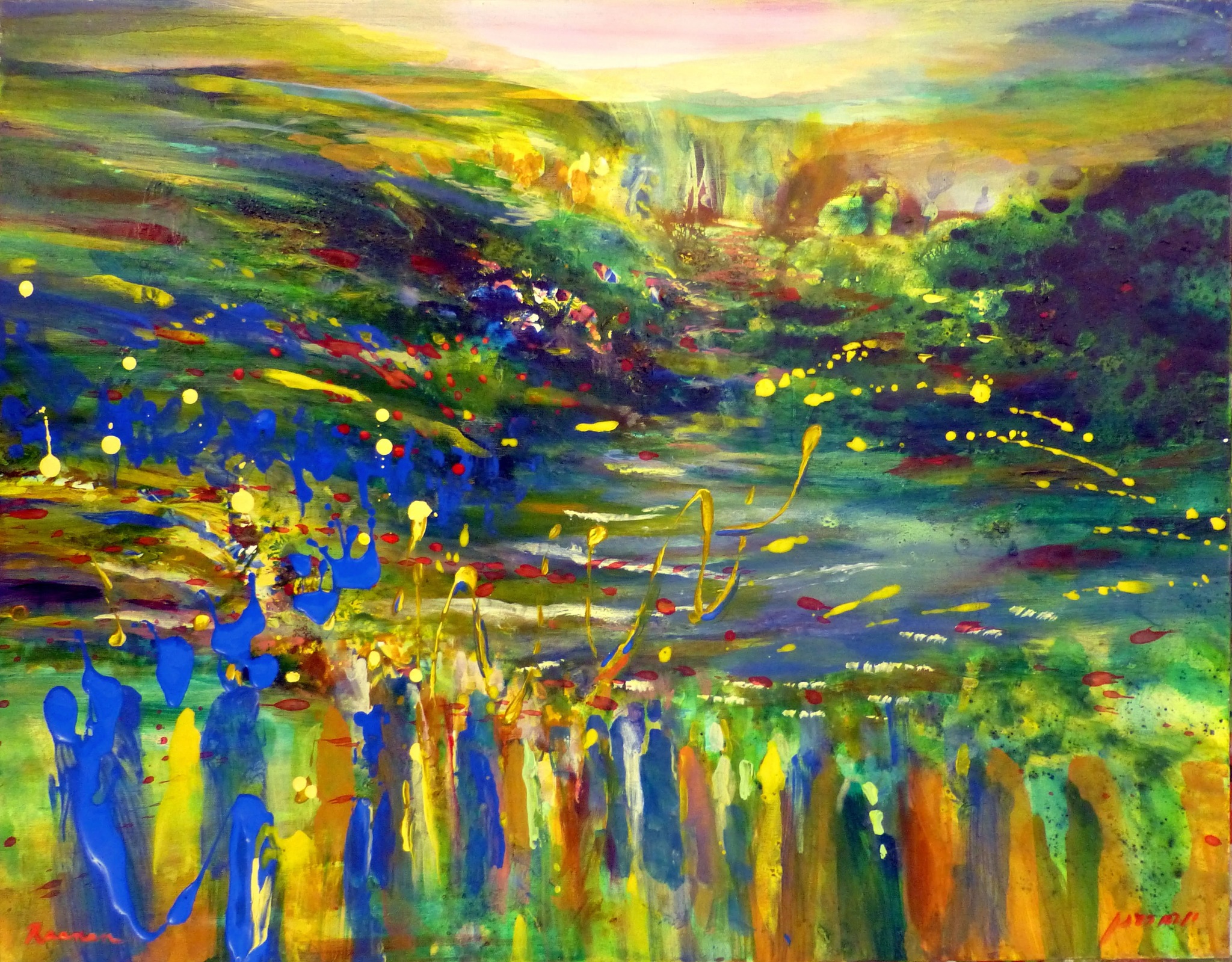
The murders that were committed in Buffalo last weekend resulted from a particularly vile expression of racism: the notion that there is a conspiratorial effort to replace white Americans with people of color. The hatred that was unleashed is a product of fear, a fear of losing domination in a world of shifting demographics.
The response to this growing anxiety has been an attempt to reimpose an old order on a changing world. To eliminate books from libraries. Censor curriculum in schools. Close borders. Restrict voting. Revoke a constitutionally guaranteed right. In its most violent expression, it has been to physically eliminate those who are different. This revanchism, an attempt to recover lost social territory, has occurred periodically throughout history. It ultimately always fails, but the cost in human life is devastating.
The Torah is a tale about going back. The land of promise is a place where ancestors once dwelt. In their exile the Israelites whispered tales to their young about the great patriarchs and matriarchs who herded flocks, tilled the land and planted trees there. It flows with milk and honey. Deep in the background, in the recesses of the people’s mythic memory, there is a story about a garden, a true paradise. Perhaps, the Israelites may have dreamed, we can regain even that!
Parshat Emor proclaims a regularly scheduled reclaiming of a lost perfect social order: the Jubilee year. Yet this reset is not about the re-imposition of an old order. It is about what can be gained from the exercise of periodically proclaiming release. Land ownership that had occurred as a result of someone’s economic hardship was to be undone. Debts were to be forgiven. Slaves were to be set free. “Proclaim liberty throughout the land unto all the inhabitants thereof.” Those words from this week’s Torah portion are inscribed on the Liberty Bell, which was rung on July 8, 1776 to celebrate the first public reading of the Declaration of Independence.
The return imagined by Torah is one that has been shaped by the memory of servitude and exile and of the redemption from the abyss of a life without freedom, without purpose. To guide us in our return, Torah reminds us that we do not own the world. We are its caretakers. That others share this place with us, and because we know what it feels like to be a stranger we should love the stranger as ourself.
When we live according to the guidance of Torah we become transformed. The old self is shed. The Yom Kippur rituals enact this death of the old and birth of the new self. We return to a dimension of origin, but we are not the same. And neither is the world. T. S. Eliot reflected on this journey of spiritual refinement, its impact on us and on the world in his poem Little Gidding. “We shall not cease from exploration/And the end of all our exploring/Will be to arrive where we started/And know the place for the first time.”
The Israeli artist Yoram Raanan in his piece The Jubilee Year paints strokes of blue paint flowing into rich green and yellow hues of verdant soil, “heaven and earth meeting in a life that will be ideal.” Shofars send forth their blasts in golden swirls of joy. In his notes Raanan points out that at its heart the Hebrew for Jubilee, “yovel,” means to transport: “The Jubilee year will transport everyone and everything back to its source in peace, justice and tranquility.”
Hold tightly onto what you have and lose it all. Proclaim release and gain everything.
Join us here at 7:00 p.m. (PDT) Thursday May 19 as we explore freedom and return.


